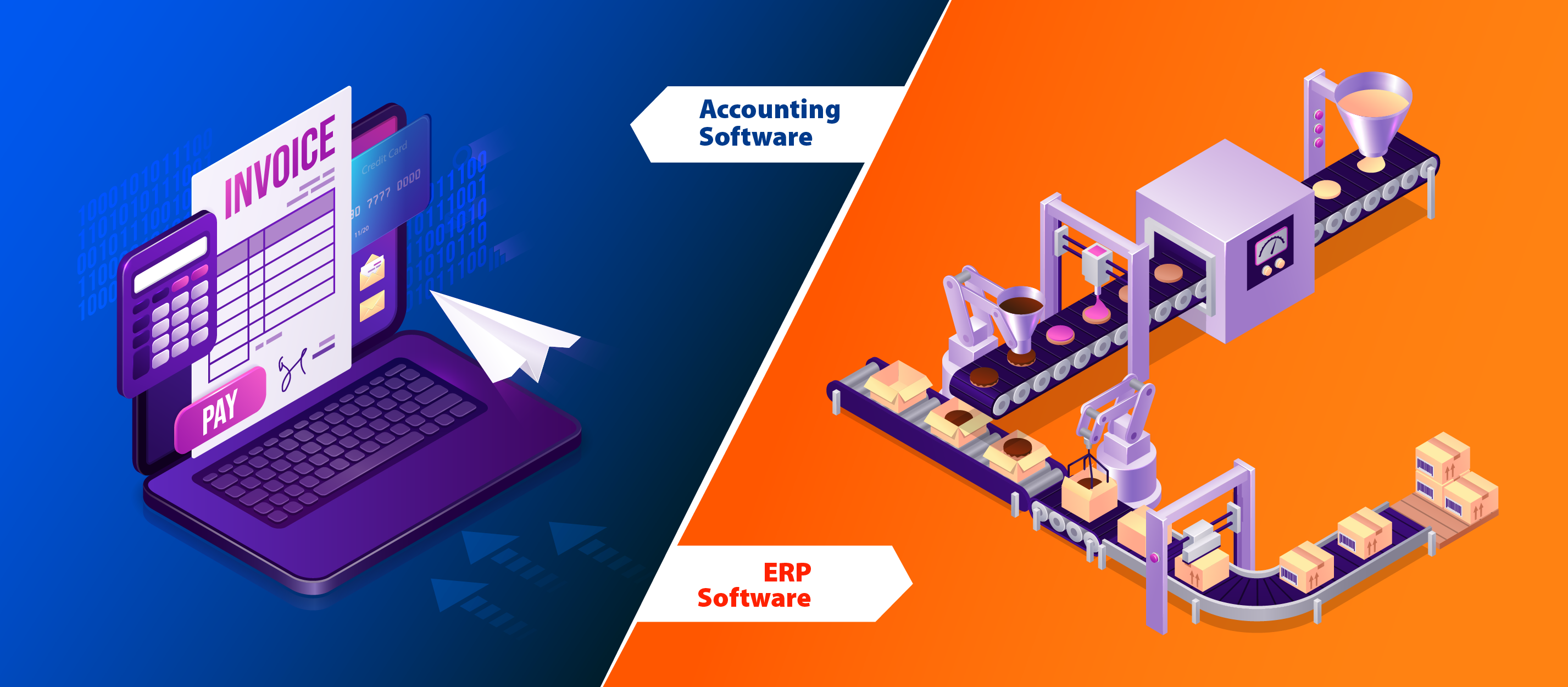One of the major contributors to the world economy, the chemical manufacturing industry is diverse and complex and just like any other industry, it has its own share of challenges. The chemical manufacturers, who produce chemicals ranging from basic consumer products to specialty chemicals, have to work within the confines of a highly-regulated business environment. The reason being the chemicals are manufactured through processes which are most hazardous in nature, as they involve handling of hazardous materials. At the same time, the manufacturers need to focus on the ecological environment as well, investing substantially on environmental engineering, which includes waste disposal management, radiation protection, industrial hygiene, fire hazards and overall industrial safety standards. Thus, it becomes imperative for the chemical manufacturers to manage all the processes cautiously and ensure the safety standards are met at all the times.
In order to manage these processes in a safe & secure manner, the chemical manufacturers need a sophisticated ERP Software, which can help them fulfill safety requirements and meet the regulatory compliance needs too. Here is a detailed account of how an ERP system works to improve the safety standards in the chemical industry:
- By defining SOPs for all critical tasks: Every single chemical has certain hazards associated with it and thus needs to be handled properly so as to ensure the safety of workers. So when it comes to handling a wide range of chemicals, having a separate protocol for each chemical increases the likelihood of mishandling and exposure, which can have its potential adverse effects on worker safety. In such situation, having a Standard Operating Procedure (SOP) helps, as it charts out the use of correct and safe handling/use of chemicals and equipment at work. An ERP can maintain SOPs and keep its records, suggesting the workers about the do’s and don’ts with respect to the handling of hazardous chemicals from time to time, leaving no scope of error or mishaps.
- Calibrations and equipment maintenance: Most dedicated ERPs for chemical industry ensure preventive maintenance and calibration of critical equipments, allowing the chemical manufacturers to schedule, control and track planned and unplanned maintenance activities against the mission-critical equipments and capture and record the results. Based on this information, the companies can make decisions regarding taking a particular equipment out of service and can also assess its impact on production. It can eventually help them with a strategic plan to phase equipments out of service in such manner that it least impacts their production and at the same time, ensures safety at the workplace.
- By managing hazardous substances: A specialized ERP for chemicals comes with the capability to manage hazardous substances. It allows new formulations to be evaluated in hazardous substance management during the development stage itself. Besides, an ERP also comes with the Safety Data Sheet (SDS) feature, which primarily instructs for the safe use of chemicals and also labels substances on the basis of health or environmental risks. The up-to-date SDSs come in handy during production and logistics.
- Storage conditions and access controls: Hazardous chemicals need to be stored correctly and safely, or else there is always a possibility of a mishap such as contamination, fires, spills, accidental inhalation, or a combination of any of these, at the workplace. An ERP, mainly through SDS, allows defining of rules related to the storage of such chemicals. In addition, it also enables clear charting out of rules related to the access controls, thus restricting the access strictly to people who are authorized and trained in any special precautions that apply.
- By ensuring worker and end-user safety: Keeping the safety of workers in mind, an ERP allows integration of Hazardous Materials Information System (HMIS) and Workplace Hazardous Materials Information System (WHMIS) values with the formulas and items. In addition to the safety of the workers, an ERP ensures wellbeing of the end-consumer, manufacturers as well as the environment too, with the automatic generation of SDS for formulas, items, batches, sales orders etc.
- By meeting compliance: Adherence to GHS requirements, safe disposal, accountability & costing of hazardous materials as well as support for NC/CAPA, which keeps the manufacturer clean during the audits is easily done by an ERP. Moreover, it even meets OSHA, EPA, ISO, DOT compliance requirements along with generating HAZMAT Bills of Lading, VOC, and SARA reports as well as COA.
Conclusion: A robust Chemicals ERP system can help the chemical manufacturers maintain as well as improve the safety standards at their workplace, workers and of their products too. Doing it manually can be error-prone, risk-loaded and certainly not completely accurate. Only an ERP can bring the desired level of safety standards, can provide reports and ease the audit chaos.
BatchMaster ERP for Chemicals is one such potent tool for the chemical manufacturers. To learn about it, visit . To know about BatchMaster’s other ERP products, visit the website or write at sales@batchmaster.com.





















